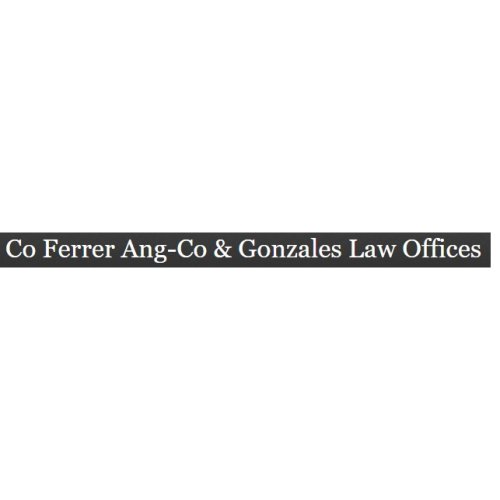Best Asylum Lawyers in San Juan
Share your needs with us, get contacted by law firms.
Free. Takes 2 min.
List of the best lawyers in San Juan, Philippines
About Asylum Law in San Juan, Philippines
The concept of seeking Asylum in the Philippines operates in the shadow of the 1951 Refugee Convention and 1967 Protocol, which the country is a signatory of. In San Juan, as well as the rest of the Philippines, Asylum is granted primarily to people who face persecution in their home countries usualy due to their race, religion, nationality, political opinion, or membership in a particular social group.
Why You May Need a Lawyer
Seeking Asylum can be a difficult and complex process. Legal professionals experienced in asylum law can provide critical guidance. They can assist in organizing and presenting your case, increase the likelihood of a successful claim, and ensure you meet all necessary deadlines and requirements. Lawyers can also defend you in court in case your application for asylum is denied and you are facing deportation proceedings.
Local Laws Overview
The local laws on asylum adhere to the Republic Act No. 9201 or the “Refugee and Stateless Persons Protection Act of 2002.” This law provides a detailed process for asylum seekers and outlines rights and responsibilities. It includes a detailed definition of who is considered a refugee, the grounds for refusal, the rights of asylum seekers, and the obligations of the government. It is crucial for those seeking asylum to grasp an understanding of these laws.
Frequently Asked Questions
Who can apply for asylum in San Juan, Philippines?
Persons who face persecution in their home countries due to their race, religion, nationality, political opinion, or membership of a certain social group, may apply for asylum in the Philippines.
What is the process for seeking asylum?
The process usually starts with registration with the country's department of justice, followed by an interview and record check. A decision will then be made whether to grant asylum or not.
Can I work while my asylum claim is being processed?
Yes, under the law, asylum seekers are given the right to work during the time their application is under process.
Can a lawyer represent me during the process?
Yes, a lawyer can represent you in your asylum proceedings. Having a lawyer familiar with the asylum laws in the Philippines can greatly improve your chances of a successful claim.
What happens if my asylum claim is rejected?
If your claim is rejected, you have a right to appeal the decision. If the appeal is unsuccessful and you are facing deportation, a lawyer can represent you during these proceedings as well.
Additional Resources
The Philippines Refugee Processing Center (PRPC) and United Nations Refugee Agency (UNHCR) are reliable resources that can assist asylum seekers. They provide relevant information about the asylum process, legal defense, and support services.
Next Steps
If you are considering seeking asylum in San Juan, Philippines, it is recommended to consult with a legal professional specialized in asylum law. Begin compiling your case, including any documentation proving persecution or threat in your home country. You may also contact local support services such as the PRPC and UNHCR for help throughout the process.
Lawzana helps you find the best lawyers and law firms in San Juan through a curated and pre-screened list of qualified legal professionals. Our platform offers rankings and detailed profiles of attorneys and law firms, allowing you to compare based on practice areas, including Asylum, experience, and client feedback.
Each profile includes a description of the firm's areas of practice, client reviews, team members and partners, year of establishment, spoken languages, office locations, contact information, social media presence, and any published articles or resources. Most firms on our platform speak English and are experienced in both local and international legal matters.
Get a quote from top-rated law firms in San Juan, Philippines — quickly, securely, and without unnecessary hassle.
Disclaimer:
The information provided on this page is for general informational purposes only and does not constitute legal advice. While we strive to ensure the accuracy and relevance of the content, legal information may change over time, and interpretations of the law can vary. You should always consult with a qualified legal professional for advice specific to your situation.
We disclaim all liability for actions taken or not taken based on the content of this page. If you believe any information is incorrect or outdated, please contact us, and we will review and update it where appropriate.








